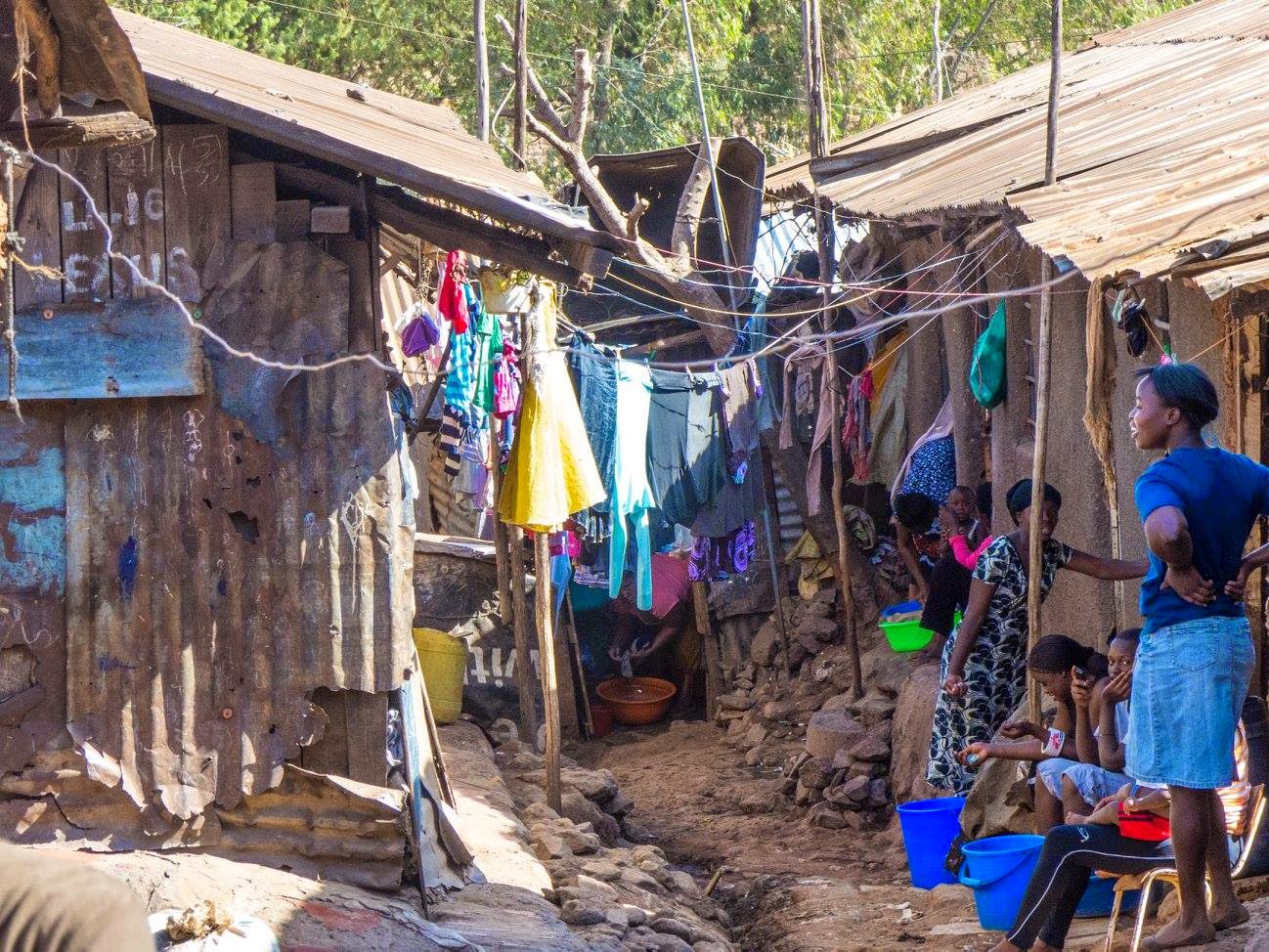 |
| "Thumbs Up" for Peter's photography |
We’d like to take a few of our next posts to introduce our newest board members here at EPN. The first is Peter Wentworth, a good friend of Eliminate Poverty NOW, as well as John and Judy.
Peter and John met 20 years ago when they both worked at Warner Lambert Company. Their careers took them in different directions, and they stayed in touch. Throughout his career Peter had the opportunity for extensive global travel, which has shaped his perspective and influenced his priorities. He is inspired by the extraordinary resilience of people around the world who, despite their daily adversity and challenges, share the same values, the same spirit, and the same hope for a brighter futures as we all do. Their drive for success and self-sufficiency has impacted him deeply.
On a personal note, Peter has a management consulting practice and enjoys traveling, skiing, tennis, and photography. He resides in New Jersey with his wife Diane, a professor at a local university who shares his passion for “giving back”. They have two children – a son who graduates this Spring from medical school, and a daughter in graduate school.
Peter brings a wealth of knowledge and aligned personal values to Eliminate Poverty NOW. He has almost 30 years business experience primarily in the consumer healthcare and pharmaceutical industries. As a senior HR professional with diverse global experience, he is skilled in building organizational capabilities to drive business growth, identifying and developing exceptional leadership talent, and leading complex change initiatives in global organizations. He is results-oriented and pragmatic, just as we are at EPN.
Peter and John met 20 years ago when they both worked at Warner Lambert Company. Their careers took them in different directions, and they stayed in touch. Throughout his career Peter had the opportunity for extensive global travel, which has shaped his perspective and influenced his priorities. He is inspired by the extraordinary resilience of people around the world who, despite their daily adversity and challenges, share the same values, the same spirit, and the same hope for a brighter futures as we all do. Their drive for success and self-sufficiency has impacted him deeply.
 |
| Peter meeting his Little Rock Scholar Daniel Mburu at Langata High School |
Peter contributes a significant amount of his time to mission-driven organizations such as Habitat for Humanity, and now EPN. He serves as President of the Board for Habitat for Humanity in Morris County, New Jersey, whose mission is simply “to create a world where everyone has a decent place to live”. He has been watching with interest the growth and success of EPN, and both he and his wife Diane began supporting the work of EPN several years ago.
This past year Peter and John started conversations about the vision for EPN, and the aspirations for deepening its reach and impact in Africa. Energized by the vision, it was only a matter of time before Peter decided to engage further with EPN, an organization that shares his core values of empowering others, being self-sufficient, and providing sustainable advantage to those in need.
Peter agreed to join the EPN Board of Directors last December, and has been actively involved since then, including going with John to Rwanda and Kenya recently to review several projects underway.
On a personal note, Peter has a management consulting practice and enjoys traveling, skiing, tennis, and photography. He resides in New Jersey with his wife Diane, a professor at a local university who shares his passion for “giving back”. They have two children – a son who graduates this Spring from medical school, and a daughter in graduate school.
Peter holds a Ph.D. and M.A. in Industrial/Organizational Psychology from Wayne State University, and a B.A. in Psychology from the University of Vermont.







